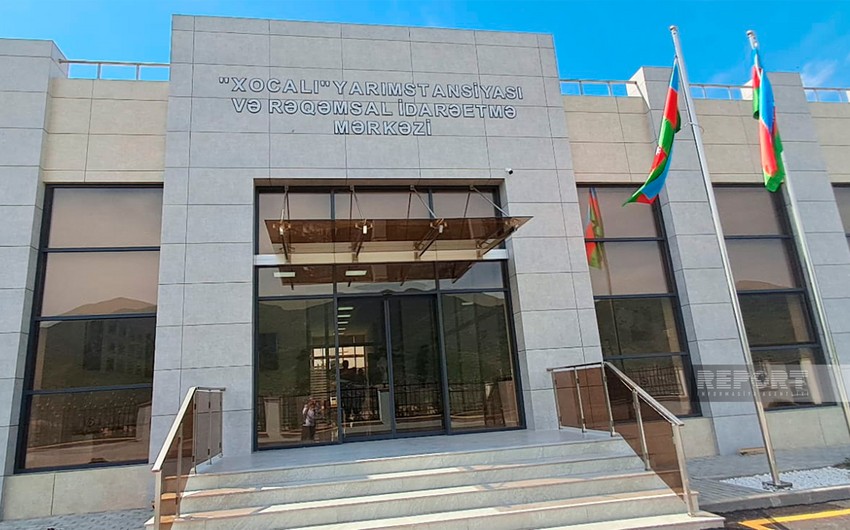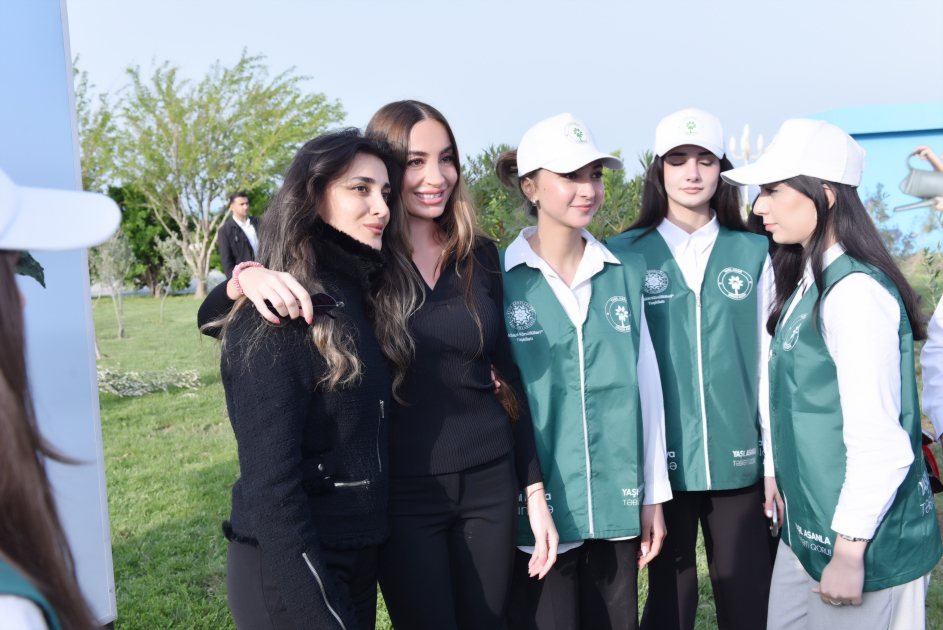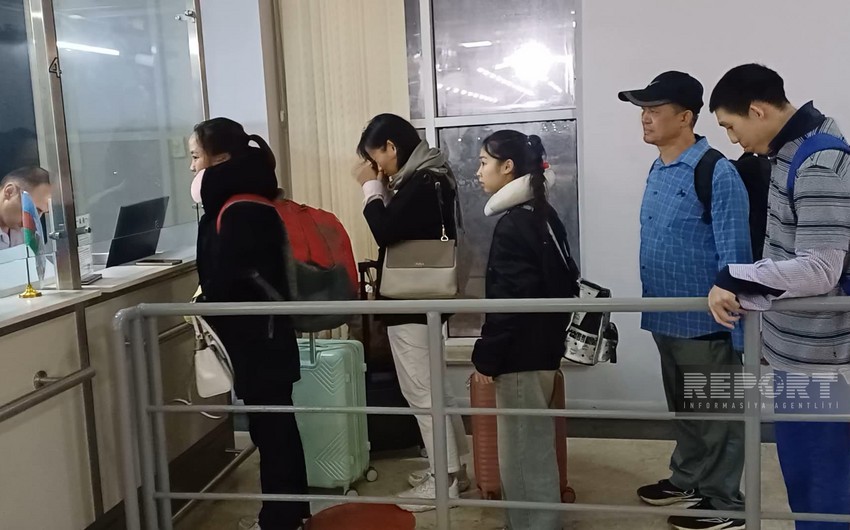In many places around the world, rivers are threatened by intensive farmland or urban infrastructure that extends to the water's edge. This encroachment restricts the dynamic meandering of the rivers and removes. But when rivers are allowed space to ebb and flow, they can benefit the people and wildlife living nearby, whilst also building resilience to extreme pressures such as climate change.
Now, with these benefits in mind, rivers in Colombia, the UK, and India are being rejuvenated. Professor Rich Brazier, co-director of the Centre for Resilience in Environment, Water and Waste at the University of Exeter believes that the restoration of the fertile strips, or ‘riparian zones’, where water meets land alongside rivers and streams, is fundamental to this transformation. “If I was given a river catchment to restore, the riparian zone is the first place I’d focus on,” he says.
He explains that in agricultural areas, moving boundary fences back from the river’s edge by even just 10 or 20 metres will allow the riparian zone to recover. Once no longer restrained, the river can expand, a wet woodland can regenerate, and wetland birds and wildfowl will follow.
Rivers can provide ecosystem services that benefit both humans and nature – everything from flood defence and clean drinking water, to transport and food security. But in densely-populated urban areas and intensively-farmed rural landscapes around the world, Brazier warns that riparian zones are often either non-existent or very thin, so those natural functions have been lost. “There’s almost no ribbon of life left in a lot of places,” he says. “Rivers need to go over bank so that layers of sediment can accumulate and fertilise the flood plains. We have to make space for water.” He also emphasises that the riparian zone plays a crucial role in building climate resilience.
Medellin, Colombia’s second largest city, is a shining example of river restoration. Following the city’s award-winning Green Corridors project, the previously barren areas alongside 12 waterways and 18 roads have been revitalised and are now bursting with life. Concrete walls have become vertical gardens. Native trees and palms now grow on scrubland. Interconnected networks of leafy pavements and cycle routes encourage active travel. “The river is the starting point for integrating nature in a lot of cities,” says Colombian architect Dr Alejandro Restrepo-Montoya, who worked as director of strategic urban projects in Medellin,
“The Medellin River is the main system that runs through this city,” he says. “Between 2016 and 2019, we planted more than 30 million square metres of urban projects in Medellín – new electric public transport, parks, streets, pedestrian zones – with local flora and fauna to integrate that ecosystem and help create a healthy city here.”
With 65 hectares of planting along the city’s waterways 1, solutions go way beyond just improving access to urban infrastructure. By providing more shaded areas, the newly-planted greenery helps reduce the urban heat island effect, where heat from the sun is absorbed by roads and buildings absorbed by roads and buildings and then radiated back into the environment. According to Restropo-Montoya, air quality has also improved, and 75 city gardeners have been trained to maintain these green corridors. He is currently developing environmentally-focused urban plans for Barranquilla, Colombia, while also expanding these initiatives to Panama, the Dominican Republic and Sarajevo.
In India, river ecologists are collaborating with local tribes to bring native plants back to the riparian zone. In the densely-populated Kodagu district known for its coffee 2, many native trees along the edge of the Cauvery River have been cut down to make way for plantations. Once these strips of land have been restored, they’ll act as a sponge that will help protect against floods and droughts.
By learning from the Jenu Kuruba, an indigenous community from Dubare Reserved Forest, river ecologist Neethi Mahesh 3 has written a riparian flora guide 4 to share their agroforestry knowledge. Collaborating closely with the forest inhabitants, she engages in collecting seeds, transplanting saplings and establishing plant nurseries to facilitate the planting of native trees, including fast-growing species like the Indian willow. However, given the slow growth rate of many native trees, she anticipates that fully restoring the area will take decades.
Mahesh’s work also extends to monitoring the mahseer, a large freshwater fish in the Cauvery River, which serves as an indicator of ecosystem health. Through her citizen science platform, Our River Our Life 5, she encourages students to monitor water quality and growth rates of native trees, such as wild mango. Over time, she hopes to empower local communities by improving food security, through supporting native fisheries and building greater resilience to droughts and floods.
As well as improving a landscape’s environmental credentials, some projects also have positive impacts on the mental and emotional wellbeing of the people living nearby. The London-based environmental charity, Thames21 6, is putting healthy waterways back into the heart of urban communities with the help of thousands of local volunteers. “When you get people together in a group working to benefit their local area, you have the social and health benefits of being outside in nature. They’re making a positive difference in a team and the well-being benefits of that are really quite profound,” says Thames21’s engagement officer, Sam Bentley-Toon.
At Farm Wetland 7, a section of river that previously ran underground within a concrete pipe now flows openly through a park. Bentley-Toon describes this area as “an incredible community hub”. “Anecdotally, we’ve seen lots of people interacting with the river – people are going down there with their grandkids and pond dipping or just setting up a deckchair and reading by the river,” he says.Bentley-Toon emphasises that developing suitable activity programmes, offering transport options, and engaging people in urban planning decisions are all as crucial as adding more blue to existing green spaces.
Brazier adds that access to nature is linked to physical and mental wellbeing. “When I encounter people walking along rivers in places like Portland, Oregon, where beavers are encouraged to live 9 through the city and the rivers are allowed to be more wild, it’s clear they are much more understanding of nature, healthier and happier.”
The ongoing river restoration projects are a vivid demonstration of how, when rivers thrive, so do we. By granting our rivers the space to flourish and meander, we are not only safeguarding natural habitats; we are fostering climate resilience and building thriving communities.
Madina Mammadova\\EDnews









